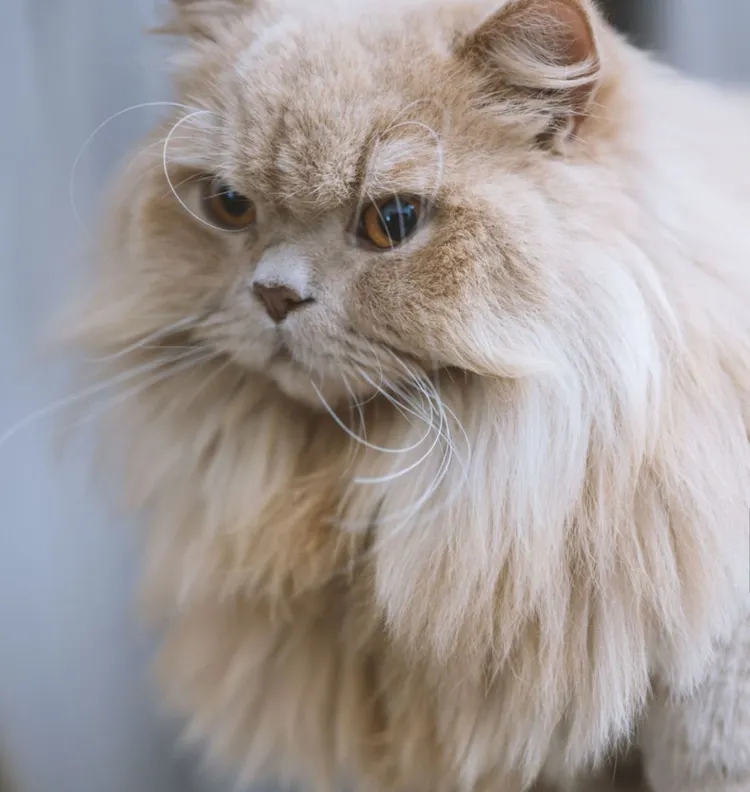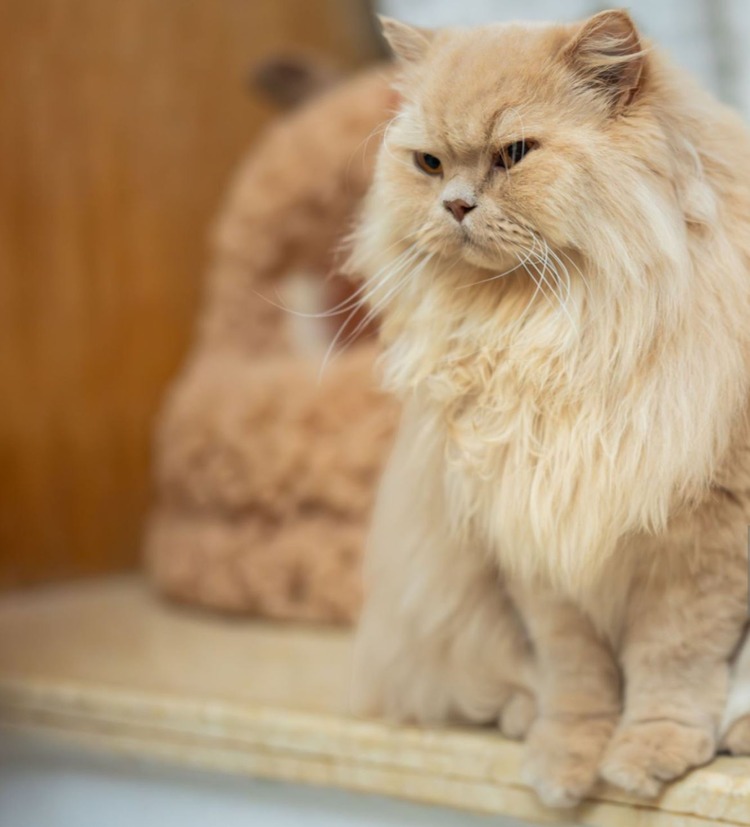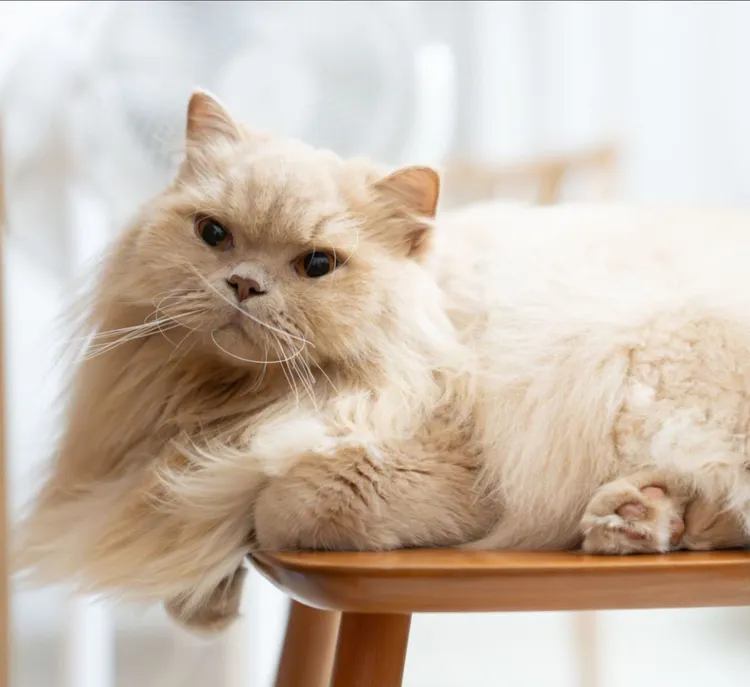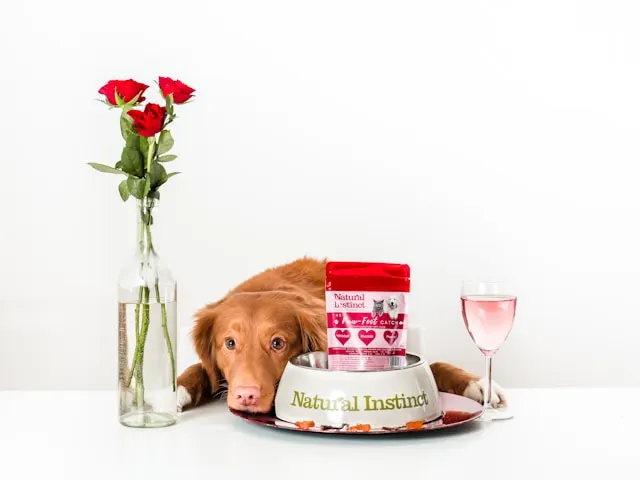If you’re drawn to a feline companion with a plush coat, charming disposition, and dignified presence, the British Longhair cat might just be your ideal match. This breed combines elegance with a warm, calm personality, making it popular among cat lovers around the globe. Whether you’re considering adopting one or are simply fascinated by this regal cat, here’s everything you need to know about the British Longhair’s temperament, care needs, and more.
1. Introduction
The British Longhair is a breed that captivates with its luxurious fur, striking appearance, and endearing personality. Known for its relaxed, friendly nature, this cat is often favored by pet owners who appreciate both beauty and a low-maintenance temperament. This breed is ideal for cat enthusiasts and families who want a companion that thrives in various home environments. Let’s dive into what makes the British Longhair so unique.
2. History and Origins
The British Longhair traces its roots back to the British Shorthair, a breed that has existed in the UK for centuries. As Persian cats gained popularity in Britain, breeders crossbred them with British Shorthairs, resulting in a cat with a longer, denser coat. Over time, these crossbreeds developed the distinct look and personality of what we now call the British Longhair. Today, British Longhairs are recognized for their elegant, full coats and gentle demeanor, reminiscent of their British Shorthair lineage but with a softer, more lavish appearance.
3. Physical Characteristics
Size and Build:
British Longhairs are medium to large cats, with a strong, muscular build. They often have a robust frame and are slightly heavier than the average cat, giving them a sturdy, powerful appearance.
Coat and Colors:
Their double-layered coat is dense and plush, offering a range of colors, including blue, black, white, and tabby patterns. The coat requires regular grooming to keep it from matting, as it can grow quite thick.
Distinctive Features:
British Longhairs are instantly recognizable by their round face, large, expressive eyes, and their unique coat. Their plush fur, round cheeks, and relatively large size give them a cuddly appearance, making them appear both dignified and approachable.
4. Temperament and Personality
British Longhairs are known for their calm, affectionate, and friendly personalities. Typically independent, they may be reserved around strangers but are loyal and playful with their families. This breed is often described as easy-going, adapting well to homes where they may be left alone for parts of the day. British Longhairs are not overly active but enjoy interactive play and gentle affection. They make excellent companions for those seeking a balance between affectionate and low-maintenance.

5. Care and Grooming Needs
Grooming:
The British Longhair’s luxurious coat requires regular brushing, ideally several times a week, to prevent tangles and matting. Using a soft-bristle brush or a grooming comb can help keep their fur smooth and manageable. Pay special attention to areas like the underbelly, where matting is more likely.
Diet:
Feeding a balanced diet is key to keeping their coat shiny and their overall health in check. Consider high-quality cat foods, especially those rich in omega-3 and omega-6 fatty acids, to support coat health. Some owners opt for a mix of dry and wet food to ensure adequate hydration, especially since long-haired breeds can be prone to hairballs.
Exercise Needs:
British Longhairs enjoy moderate playtime, benefiting from interactive toys and play sessions. Although they aren’t as active as some breeds, regular physical activity helps prevent obesity, which can be an issue with this breed due to their stocky build.
6. Health Considerations
While British Longhairs are generally healthy cats, they can be prone to specific health issues:
- Respiratory Issues: Some British Longhairs may develop respiratory conditions, particularly if they have a flatter face.
- Dental Health: Dental care is essential, as their rounded faces can sometimes predispose them to dental issues.
- Polycystic Kidney Disease (PKD): A hereditary condition that can sometimes affect longhaired breeds, so regular vet check-ups are important.
- Obesity: Given their less active nature, British Longhairs are prone to weight gain, so managing their diet and exercise is essential.
Routine veterinary visits are recommended to catch any potential issues early and ensure your British Longhair remains in good health.
7. Is the British Longhair Right for You?
The British Longhair is perfect for individuals or families who want a gentle, affectionate, and relatively low-maintenance cat. Their calm and somewhat reserved personality makes them suitable for quieter homes, but they also adapt well to households with children or other pets. However, due to their coat, they do require more grooming than short-haired breeds, so be prepared for regular brushing sessions.

British Longhair cats make wonderful, loving pets that combine beauty with a laid-back temperament. Their dignified appearance and affectionate nature make them an ideal choice for those looking for a unique, long-haired companion. With proper care, regular grooming, and attention to their dietary needs, these cats can thrive and bring joy to any home.



